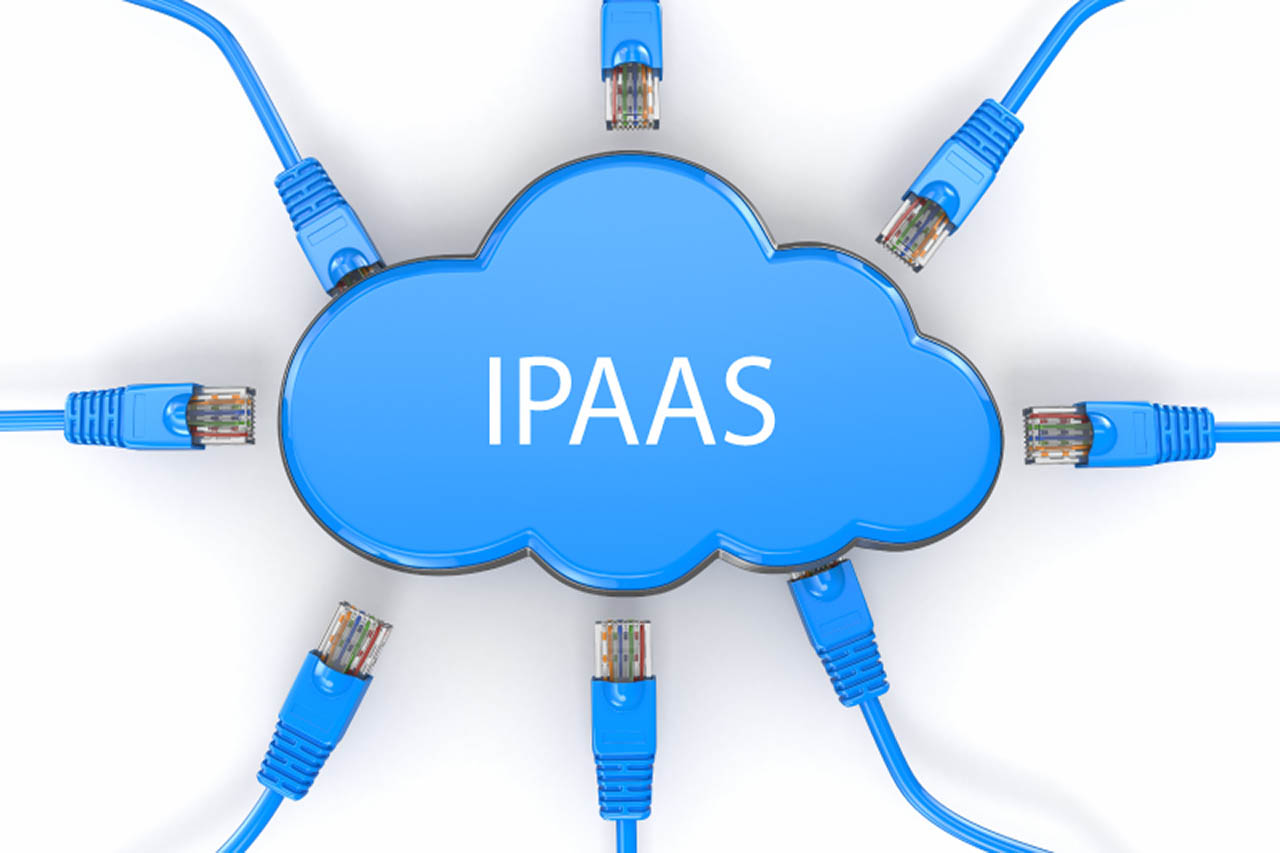When considering an iPaaS vendor, you want to consider several factors, like the ease of use, pricing, and long-term scalability and integration potential. The vendor should provide an intuitive interface that is easy to learn, use, and integrate with existing systems. The vendor should also offer comprehensive training and support so that users can get up and running quickly.
However, there are other features and tools you should look for when you integrate an iPaaS solution into your workforce. With data integration tools, integration platforms, on-premise applications, and other tools, it’s essential to know what does and doesn’t work in the iPaaS sphere.
Support and Documentation
When you’re looking for an integration platform or iPaaS solution, you want to prioritize one with support for different systems and setups. Good support and documentation are critical to the successful implementation and ongoing use of criticaliPaaS. The vendor should have a robust support infrastructure with knowledgeable and responsive support staff. The documentation should be clear and concise, explaining how to use the product and solve common problems.
Pricing
When considering an iPaaS vendor or iPaaS solution, pricing is an essential factor to consider during financial planning stages. However, it is not the only factor. Vendors offer a variety of pricing models, so it is crucial to understand which pricing model will work best for your organization.
Some vendors offer a subscription model, where you pay a monthly or annual fee. Other vendors provide a pay-as-you-go model, where you only pay for the resources you use. And still, other vendors provide a hybrid model, which combines aspects of the subscription and pay-as-you-go models.
It is essential to understand the pricing models of each enterprise iPaaS vendor so you can make an informed decision about which vendor is the best fit for your organization’s application integration needs and your customer experience. Find cloud services or an on-premise solution that works with your budget and big data requirements.
Evaluate the vendor’s platform capabilities.
When evaluating an iPaaS vendor, it is vital to consider the platform’s digital capabilities. The vendor’s platform should support the integration requirements of your organization. The platform should also be able to integrate with your existing data management systems and applications and interface properly.
The vendor’s platform should also be able to accommodate the scalability requirements of your organization. The platform should be able to support the growing number of cloud integrations and users. The platform should also be able to handle the increasing volume of data post-integration to support greater workflow automation.
Company Size
When considering an iPaaS vendor, it is essential to look at the company size. More prominent vendors typically have more resources and are better equipped to handle a more extensive customer base. They also have more experience in the industry and can offer a broader range of features and services.
However, it is also essential to consider the vendor’s size in relation to your own company. A small vendor may be more agile and quickly adapt to your specific needs, while a large vendor may be more expensive and have a longer implementation timeline but provide key features and new integrations to enterprise customers.
When evaluating iPaaS vendors, consider the following factors: company size, features and services, implementation timeline, and cost.
iPaaS Vendors Comparison
Looking at an iPaaS vendors comparison can bring up some factors to consider. The first, and most important, is the vendor’s ability to meet your specific needs concerning new integrations. Some iPaaS vendors are better suited for particular industries or use cases than others. You’ll also want to consider the vendor’s track record. For example, howFor example, how long have they been in business? How many customers do they have? What are their customer satisfaction ratings?
The vendor’s technology is another critical consideration. What platforms and tools do they support? How robust is their technology? Is it easy to use? Finally, you’ll want to consider the vendor’s customer service and support. How good is their customer service? What kind of support do they offer? When considering iPaaS vendors, it’s essential to weigh these factors and find the vendor that best meets your needs.

